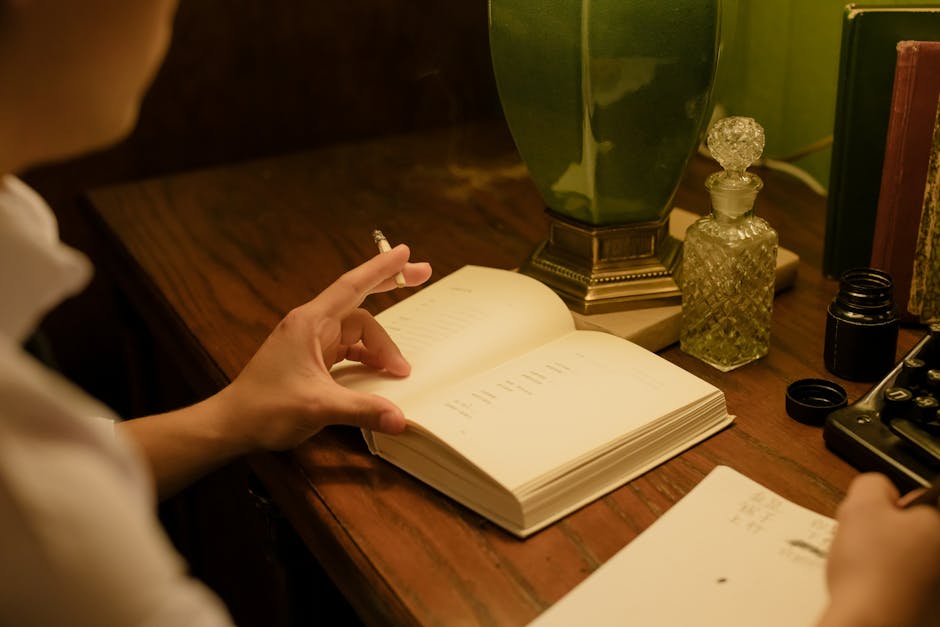Poetry, a timeless art form, possesses the remarkable ability to capture the human experience in all its intricate beauty and sorrow. Throughout history, numerous poets have shaped the landscape of creative writing, leaving an indelible mark on subsequent generations. Their influence extends far beyond the confines of verse, inspiring countless writers, artists, and thinkers to explore their own unique expressions. This exploration delves into some pivotal figures who resonate deeply within the vibrant tapestry of poetry and creative writing.
A cornerstone of poetic expression, Sappho, a Greek poet of the 7th century BCE, stands as a pivotal figure. Though her works primarily exist in fragments, they reveal a depth of feeling and mastery of language that continues to captivate readers. Her innovative use of metaphor and imagery, along with her profound exploration of love and emotion, set a precedent for poets who followed, influencing later lyrical traditions. Sappho’s influence lies in the raw honesty and passion she poured into her work, a quality echoed across centuries of poetic expression.
Moving forward through time, the works of Dante Alighieri, a 14th-century Italian poet, remain profoundly impactful. His epic poem, the Divine Comedy, is a monumental work, exploring the complexities of the human soul’s journey through the afterlife. The sheer ambition of the work, coupled with the vivid imagery and allegorical depth, influenced the development of the Western poetic tradition. Dante’s use of symbolism and allegory set a precedent for exploring complex themes and multifaceted narratives within poetry.
Moving across cultures and centuries, William Shakespeare, a towering figure in English literature, stands as a paramount influence. His sonnets and plays offer a masterclass in poetic language, exploring profound emotions and universal themes. The sheer volume of his work, combined with his mastery of iambic pentameter and evocative language, makes him a continuous source of inspiration for writers across genres. His influence on language and style is undeniable, a cornerstone of both English prose and poetry.
Further down the line, we encounter figures like Emily Dickinson, an American poet from the 19th century. Her unconventional style and fragmented verses, often employing unconventional poetic forms, paved the way for a generation of modern poets. Dickinson’s profound reflections on life, death, and the human condition, through her distinctive poetic voice, created a unique perspective that resonates deeply within contemporary poetry. Her use of unconventional line breaks and compressed imagery continues to be a source of inspiration for experimental poets.
Another significant voice is Walt Whitman, an American poet of the 19th century, renowned for his groundbreaking collection *Leaves of Grass*. Whitman’s free verse style, focusing on embracing the diversity of human experience, challenged conventional poetic structures and opened the door for new possibilities in form and content. His celebration of the individual and the common person continues to inspire writers exploring themes of democracy, individuality, and collective experiences.
Turning to the 20th century, we find figures like T.S. Eliot, an influential British poet. His work, often marked by complexities and allusions, explores the complexities of the modern world and the human condition. Eliot’s use of fragmented narratives and stream-of-consciousness techniques challenged the established norms of poetic expression, paving the path for future experimental poets.
The impact of these key figures extends beyond their individual contributions. The legacy they create is a crucial element in fostering the development of poetic expression. The works of these masterminds continue to inspire new generations to experiment with form and content, explore uncharted territories of emotion, and further develop the art of poetry.
The influence isn’t confined to major figures; minor figures also contribute to the tapestry of literary inspiration. They may not achieve the same widespread recognition, but they still play an important role in shaping and diversifying the poetic landscape. Their exploration of specific themes, forms, or approaches may be less impactful on a large scale, but they offer a richer understanding of the evolution of poetic expression.
In conclusion, the most influential poets are more than just individuals; they are cornerstones of the poetic landscape. Their contribution to the evolution of literary expression is undeniable, inspiring countless writers to explore the depths of the human experience and craft their own unique artistic voices. Understanding their influence provides a deep appreciation for the enduring power of poetry and the ongoing legacy of these creative visionaries.
